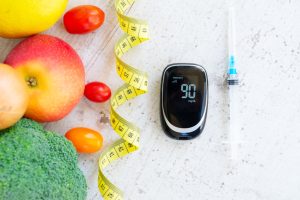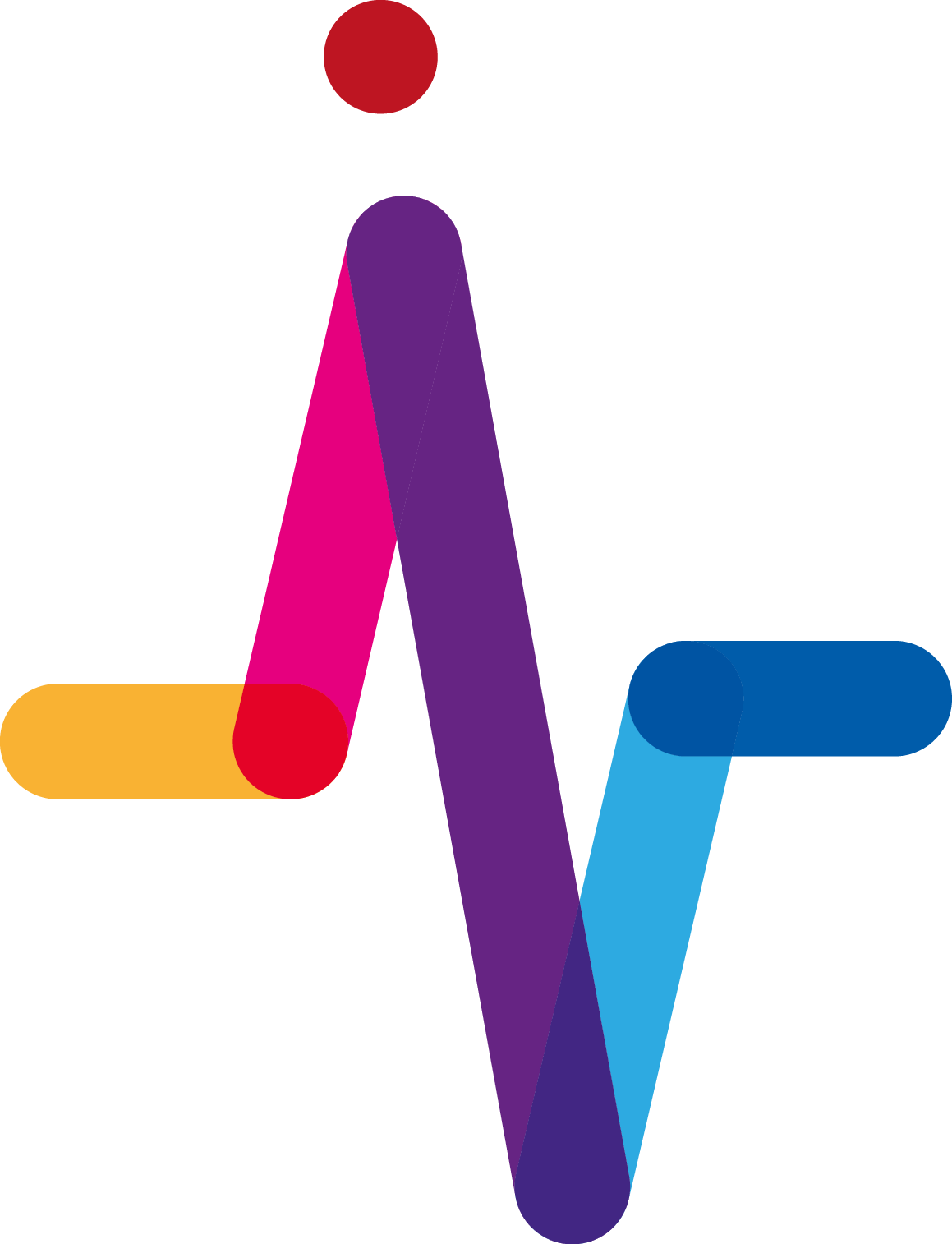
Liège, march 30th, 2022 – Study shows added value of a digital follow-up by a pharmacist for patients with type 2 diabetes
ULiège, Multipharma and Comunicare announce the results of a pre-experimental study.
An estimated one million people in Belgium suffer from diabetes. Comprehensive advice from a health advisor and digital apps that help them monitor certain parameters can make all the difference for these patients.
That’s why ULiège, in collaboration with Multipharma and Comunicare, conducted a study on the impact of educational support by the pharmacist in combination with the use of a mobile health app in patients with type 2 diabetes.
The results of this study are very promising. Health coaching by a pharmacist, combined with the use of a mobile health application, can help patients with type 2 diabetes to better control their disease.
Diabetes on the rise in Belgium
In Belgium, it is estimated that 8% of Belgians have diabetes, which corresponds to about 1 million Belgians. In reality, this figure is probably even higher, as one in three patients is not diagnosed. Because of these high and constantly increasing figures and the possible complications of this disease, we can say that diabetes is a real public health problem.
A multidisciplinary approach is necessary
Lifestyle adaptation, complemented by drug treatment if necessary, can prevent complications, improve the patient’s quality of life and reduce mortality. To achieve this, a multidisciplinary approach is essential.
The pharmacist – given his or her crucial role in primary care – can make a real difference. Not only by providing pharmaceutical care, but also by organizing educational sessions that encourage the diabetic patient to get involved in their own health care. And certainly at the beginning of their treatment, when they are not yet on a care pathway.
Collaboration between ULiège, Multipharma and Comunicare
ULiège, in collaboration with Multipharma and Comunicare and with the support of Novo Nordisk, has set up a study on the impact of educational support by the pharmacist and the use of a mobile health application in patients with type 2 diabetes. The application used has two interfaces, one for the patient and one for the pharmacist, and allows communication between the two. Through this application, patients can set reminders for taking their medications, enter health parameters or consult information sheets on their pathology and treatment.
The goal of this intervention is to encourage patients to actively participate in the monitoring of their disease and to adopt favorable health habits, particularly to increase their therapeutic adherence.
The objective of the study was to evaluate the effect of the coaching on primary parameters (HbA1c and MARS-5 treatment adherence score), which provide a good estimate of therapeutic adherence, and on secondary parameters (HDL cholesterol, LDL cholesterol, systolic and diastolic blood pressure, BMI, and waist circumference), which are related to the monitoring of the diabetic patient.
The quantitative pre-experimental study was conducted on 66 patients, 50 of whom completed the study, over a 6-month period with 3 data collection periods (baseline, midterm, and end of study).
Statistical analyses did not immediately show an improvement in adherence. However, significant results were observed for changes in systolic blood pressure and waist circumference. All other parameters examined, including HbA1c, also showed a positive change or stabilization between the beginning and end of the study.
This study showed that a follow-up by the pharmacist, combined with the use of a mobile health application, can achieve the therapeutic intent of the physician-initiated treatment and have a beneficial impact on the management of patients with type 2 diabetes as well as on parameters considered cardiovascular risk factors.

Commentaires récents